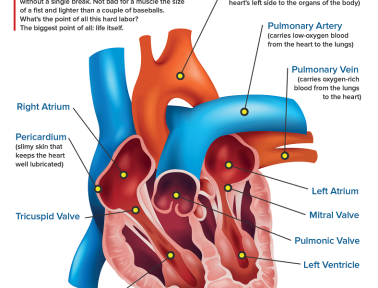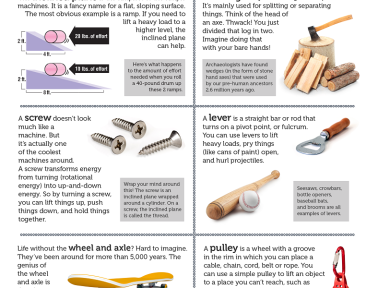If you happened to miss the introduction, I’m launching a project. I’ll be reading and discussing the book, Mind in the Making: The Seven Essential Life Skills Every Child Needs right along with all of you who’d like to join. And here’s the latest perk: Ellen Galinsky has graciously offered to answer some of your questions at the end of our virtual book club meeting! I’ll be giving you more details on that in the future. For now, grab the book from your library, order it up on Amazon, borrow it from a friend — just get reading! And keep track of the ideas you want to discuss here, and those questions you’d love to have answered by Ellen Galinsky herself!
The book discusses seven essential skills, so we’ll have seven discussions, focusing on seven chapters. First off, Skill One: Focus and Self Control.
I think the first thing that stands out in this chapter, of course, is the research showing how strongly these executive functions are related to future success. As the book suggests, they are as predictive as — if not more so than– IQ tests. So it seems we should be putting some of our focus, as parents and teachers, into building these essential skills.
I found it interesting, in this time when ADHD is considered by some to be an epidemic, that our fast-paced, technology-infused culture almost seems to feed into it. Think about some of the negative factors talked about in this chapter: stress, background TV noise, distracted parents, innappropriate technology use. And then think about some of the positive factors that children need, but which sometimes seem to be disappearing from our culture: simple games, “lemonade stands” (in all their forms), sitting down to a book, taking breaks, pretending, playing. To me, it all seemed to sum up to say: SLOW DOWN! We can’t expect children to learn to focus, if their days are all a hurried blur.
That’s not to suggest that the children of this generation are doomed to such a diagnosis, but it’s a reminder to me that I must be much more intentional and vigilent when making choices about what my children are exposed to and how we spend our time. Just as Galinsky points out in this chapter, many tools (TV and computer games for example) can be used both in good ways and bad. We need to be aware of those choices and make them intentionally. And I think we would all do well to slow down a bit, and make room for the things that really benefit our kids in the long run.
As an add-on to this chapter, check out this article by Ellen Galinsky in the Huffington Post, Promoting Self-Control: It Might Not Be What You Think. I felt like it summed up the chapter quite nicely. In my opinion, the main message is in this excerpt: “…Multiple studies…conclude that promoting “self control” is not learned by strict discipline, by keeping children at their desks, and by cutting out the so-called frills in curriculum and focusing just on academics.” It’s not something that is imposed, but something that is cultivated. It requires play, connections, and opportunities for choice.
It’s unfortunate that many regulations imposed on schools in the effort to increase success, may actually be working against it. When the focus becomes narrowed on academic information (particularly at the cost of recess, dramatic play corners, and PE), we may inadvertantly deprive children of the ability to focus on, master, and apply that information in meaningful ways. Intelligence — and more importantly, success — is not a simple matter of information in, information out. It’s a process that requires active experience, attention (not just from the children, but on them), and relationships.
So what were your impressions?
Next Tuesday, we’ll discuss Chapter Two: Perspective Taking. Join us!
You may also enjoy: Want to Give Your Kids an Advantage? Build Executive Functions.
<!–
–>










